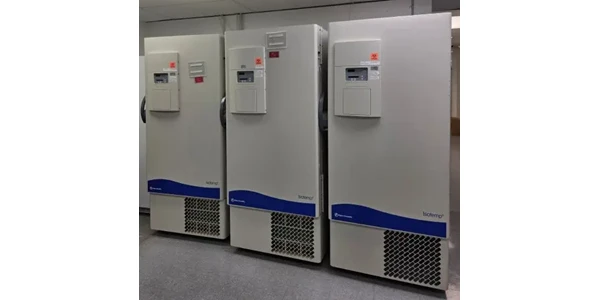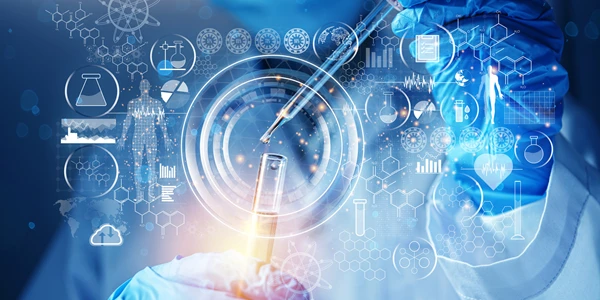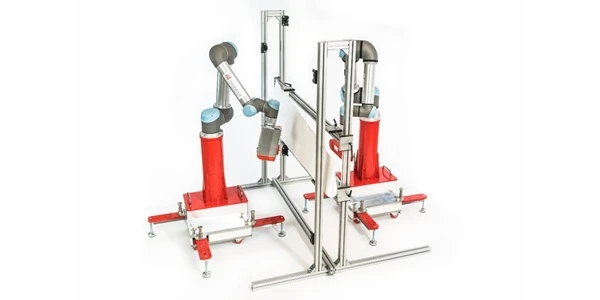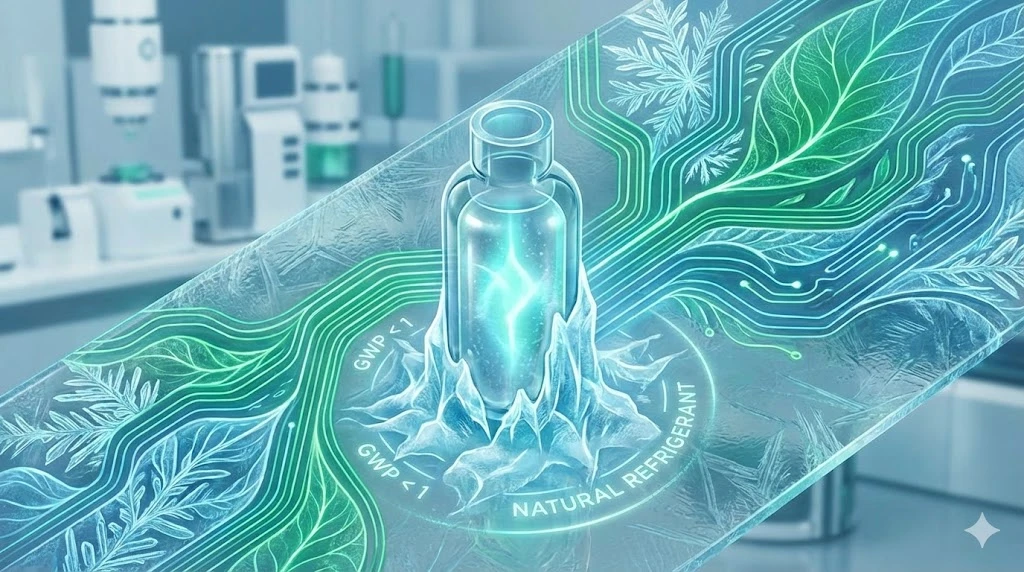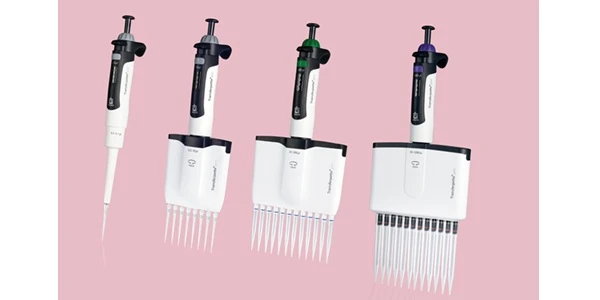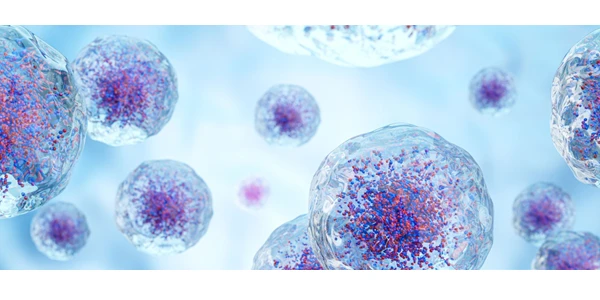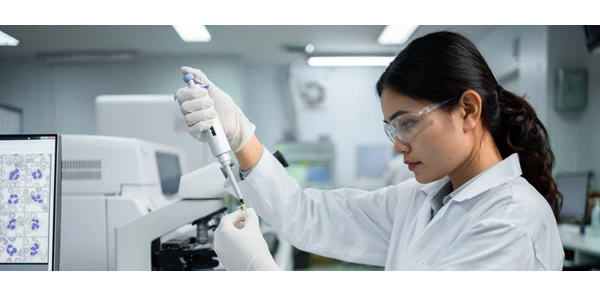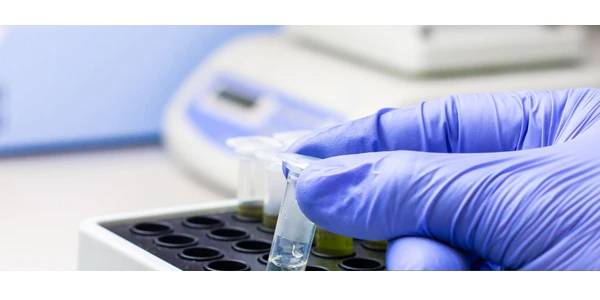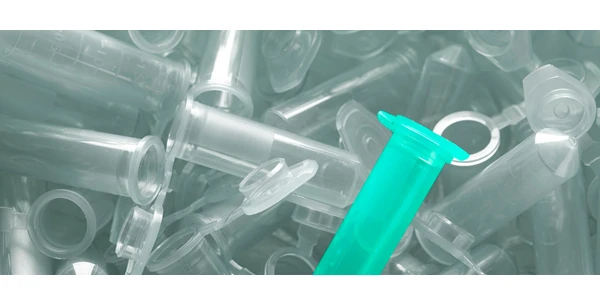Used Mass Spectrometers: Assessing Performance and Efficiency
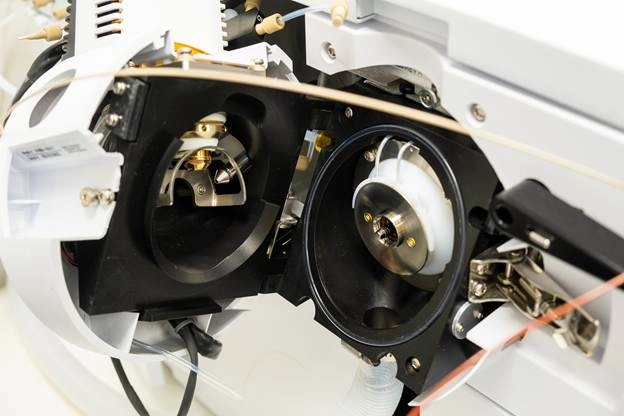
When labs need to acquire a mass spectrometer, one major decision they face is whether to invest in a brand-new instrument or purchase a pre-owned model. While pre-owned mass spectrometers offer significant cost savings, a key question remains: do they perform as well as new mass spectrometers? The answer depends on multiple factors, including the instrument’s age, maintenance history, and source.
Key Factors That Influence Pre-Owned Mass Spectrometer Performance
A professionally refurbished and calibrated pre-owned mass spectrometer can perform at a level similar to a new instrument. However, if an instrument has been poorly maintained or lacks recent calibration, its performance may be compromised.
- Instrument Condition and Age. A mass spectrometer’s performance is highly dependent on its age and the wear and tear it has experienced. If a pre-owned instrument has been well-maintained, refurbished, and updated, it may still provide performance comparable to a new model. However, an aging unit with outdated technology may struggle to keep up with modern analytical demands It’s important to note that details of usage history, component degradation, and update status may not be readily available when purchasing from private or third-party resellers.
- Calibration and Maintenance. Proper calibration and maintenance are essential for ensuring that a mass spectrometer delivers accurate and reproducible results. New instruments come factory-calibrated and are subject to rigorous quality control testing. In contrast, the performance of a pre-owned mass spectrometer depends on: How well it was maintained by the previous owner - Whether it has been recently calibrated by the seller - If it has undergone a thorough refurbishment process.
- Availability of Replacement Parts and Support. Mass spectrometers require periodic maintenance and replacement of components such as ion sources, vacuum pumps, and detectors. With a new instrument, manufacturers provide warranties, technical support, and readily available spare parts. For pre-owned models, potential concerns include: Limited availability of replacement parts for older systems - Higher costs for out-of-warranty repairs - Dependence on third-party service providers rather than direct manufacturer support. If spare parts and service contracts are available for a pre-owned model, it can maintain performance similar to a new instrument. However, discontinued models with hard-to-find parts may pose long-term reliability challenges.
- Source and Certification of the Pre-Owned Instrument. Where a pre-owned mass spectrometer is purchased from matters. Buying from the original equipment manufacturer maximizes the likelihood of obtaining a high-quality instrument that meets performance expectations. Reliable sources often provide: Full instrument testing and certification - Warranty or service contract options - Technical support and training. Conversely, purchasing from an uncertified reseller or auction site may pose risks regarding instrument reliability and performance.
When Can a Pre-Owned Mass Spectrometer Perform Like a New One?
A pre-owned mass spectrometer can match the performance of a new one if:
- It has been well-maintained and refurbished by a reputable provider.
- It has undergone recent calibration and testing to ensure accuracy.
- Replacement parts and technical support are readily available.
